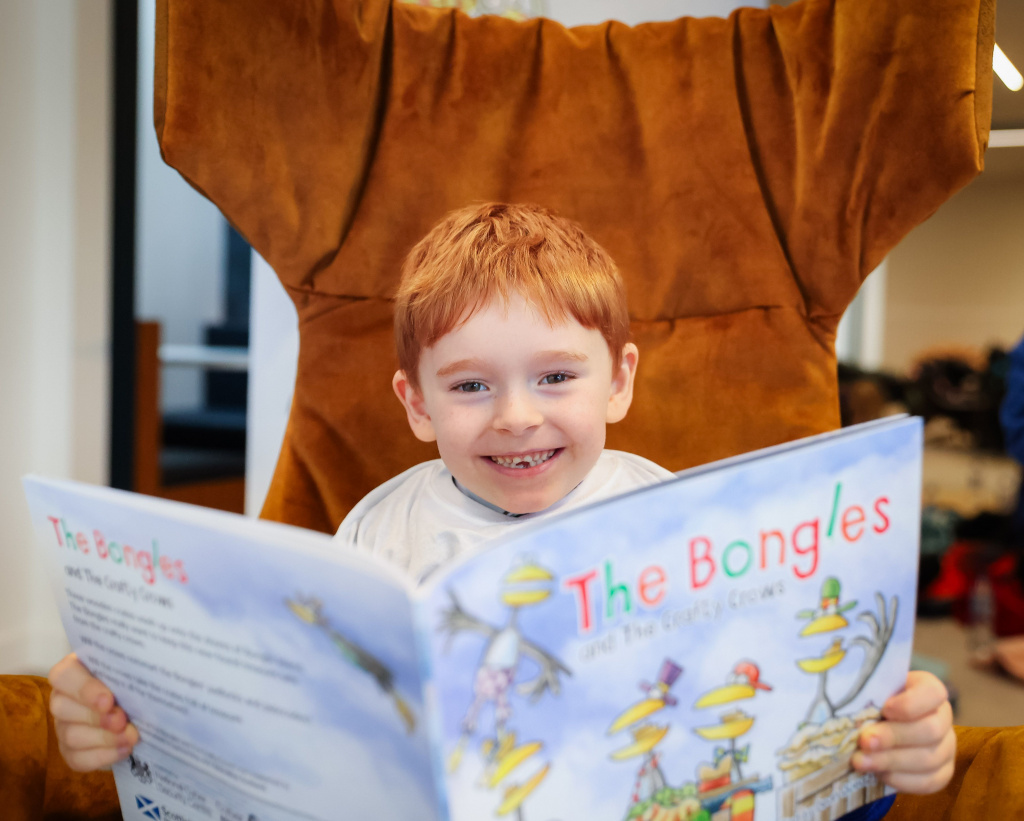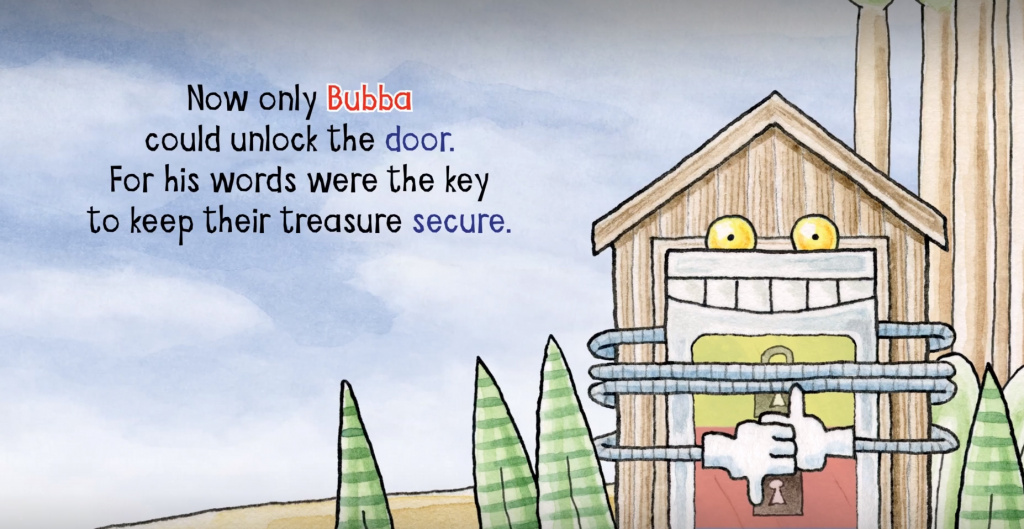
I grew up in an analogue world. One where we only had telephones with landlines and personal computers were large, heavy objects whirring away on desks. There was also no Wi-Fi! But now, almost everyone has a really powerful computer in their pocket – a mobile phone – that can provide instant access to our hyper-connected world.
We find ourselves living in an increasingly complex digital space, where technology is an integral part of our daily lives. Children today are born into this digital world and it’s our responsibility to help them develop the skills to navigate this environment as safely and securely as possible.
According to Ofcom, 97% of children in the UK have access to the internet and 86% of 5-7 year olds use tablets. The cyber world has opened up tremendous opportunities for our young learners, but it has also introduced new risks. As a result, we all need to be vigilant and improve our cyber resilience skills. The earlier we learn these skills, the better.
Taking stock and making progress
Jenny Gilruth, Cabinet Secretary for Education and Skills, recently highlighted that ‘digital technology is going to be at the heart of children’s lives and so it’s important to help them learn how to stay safe online.’ We couldn’t agree more.
Scotland’s focus on building cyber resilience needs to start early, as the Scottish Government’s recent Taking Stock progress report highlights. Cyber resilience concepts are being embedded in Scotland’s curriculum and through initiatives, including those from Education Scotland and the National Cyber Security Centre’s CyberFirst programme.
The progress report also emphasises that we need to equip our educators to deliver cyber security fundamentals to younger age groups. That’s why the Scottish Government and its partners have created a groundbreaking illustrated storybook for 4-6-year-olds which aims to build cyber resilience understanding in a fun and engaging way.
A world-first initiative
‘The Bongles and The Crafty Crows‘ is a rhyming story that encourages young children to recognise the importance of creating difficult-to-guess passcodes and passwords, following the Bongles characters as they try to keep their treasure secure from the crafty crows who are rather good at ‘shoulder surfing’ and cracking codes.

Importantly, the book also comes with supplementary learning activities, games and animations for parents, carers and educators to further build on these skills and conversations both in the classroom and at home.
As creative director for The Bongles, Frances O’Neill, explains, ‘We believe this storybook for early years learners is a world first. Until now, educational materials on cyber resilience have been targeted at older primary and secondary school-aged children, with limited resources for younger learners.’
She adds: ‘Education Scotland set up a group of advisory teachers who tested the story with their Primary 1-aged pupils, so children have been at the heart of this project from the outset. The advisory group of teachers also supported the development of the learning activities and there are 14 different lesson plans for parents and carers to download and use at school or at home.’
Delivering a brighter digital future for all
The Scottish Government’s aim is for good ‘cyber hygiene’ to become embedded in digital literacy learning and for young learners to continue this good practice at home – vital to fostering a generation of responsible digital citizens.
After attending a recent read-along hosted by Education Scotland, 7-year-old Sophie Watson from the 18th West Lothian Beavers said she learned ‘all about passwords and passcodes’ and the need for ‘responsible’ ones. Aberdeenshire-based parent David Lewis also found the book a ‘fun way of opening up a conversation’ about security. If we can impart this knowledge early, children will have the skills to keep their information secure as they grow up in an increasingly digital world.
The project has received praise from academic leaders such as Professor Liz Bacon of the cyberQuarter at Abertay University. She commended it for drawing ‘from global best practice’ and noted that the lessons taught in the new book aligned with Abertay’s passion for ‘engaging with young people of all ages’ on cyber resilience. The Scottish Government shares this passion and we strive to promote cyber resilience at all levels, from Early Learning and Childcare to further and higher education.
Every Primary 1-aged child in Scotland is set to receive a free copy of ‘The Bongles and The Crafty Crows’ in their Book Bug Bag this November (60,000 copies), with Gaelic versions distributed to schools that teach in the medium.
Just as we teach children the importance of locking the doors to their homes, it is imperative that they become skilled in creating strong passwords to keep their online data safer and more secure – helping to deliver a brighter digital future for us all.
Clare El Azebbi is Head of the Cyber Resilience Unit at the Scottish Government
Register for free
No Credit Card required
- Register for free
- Free TeachingTimes Report every month